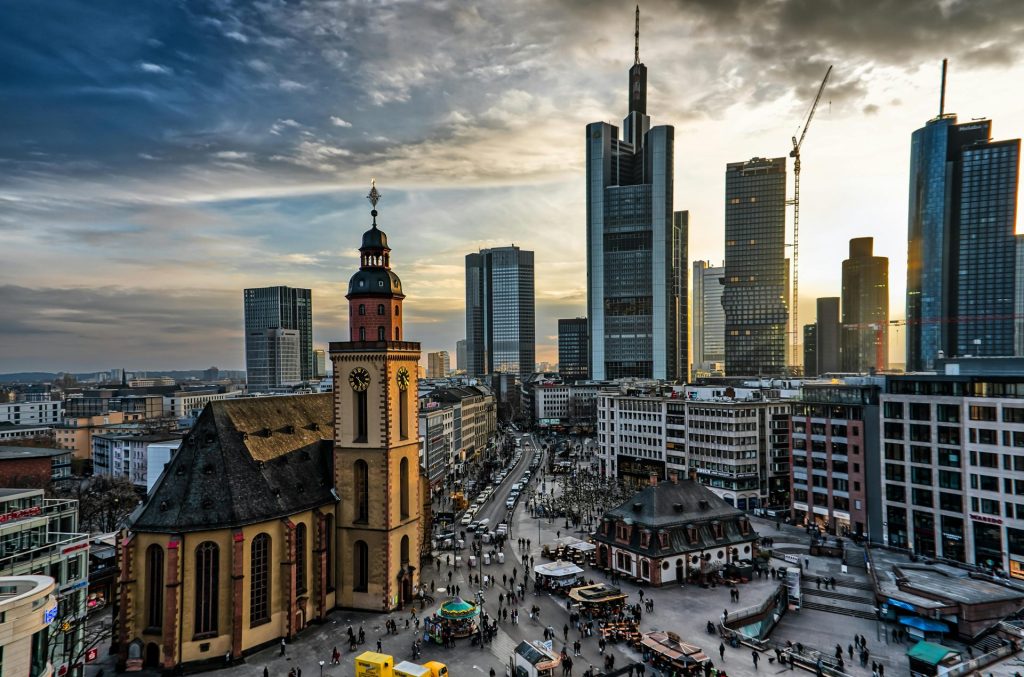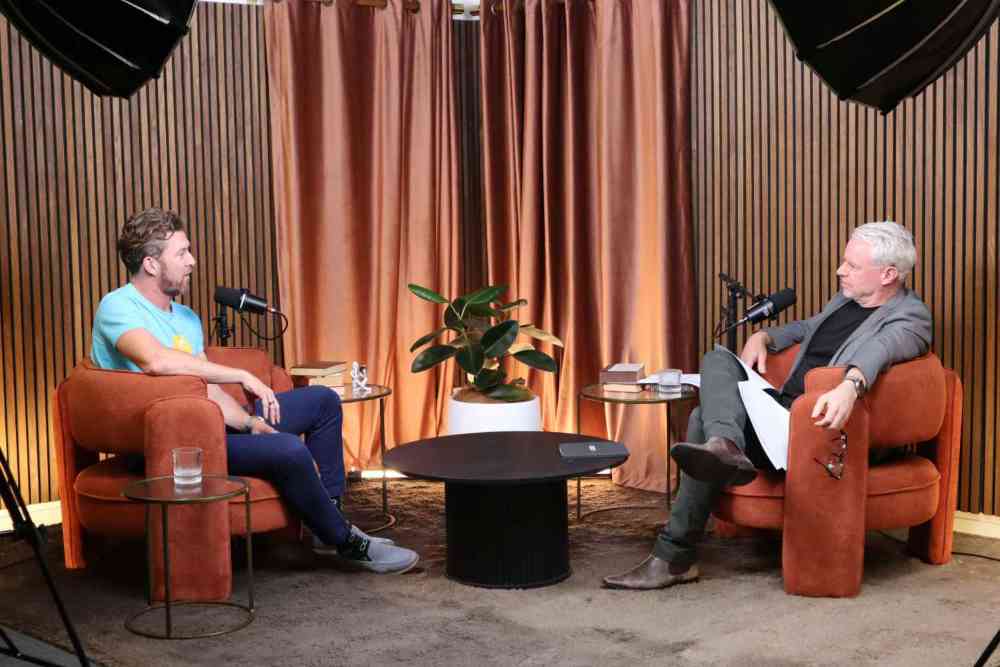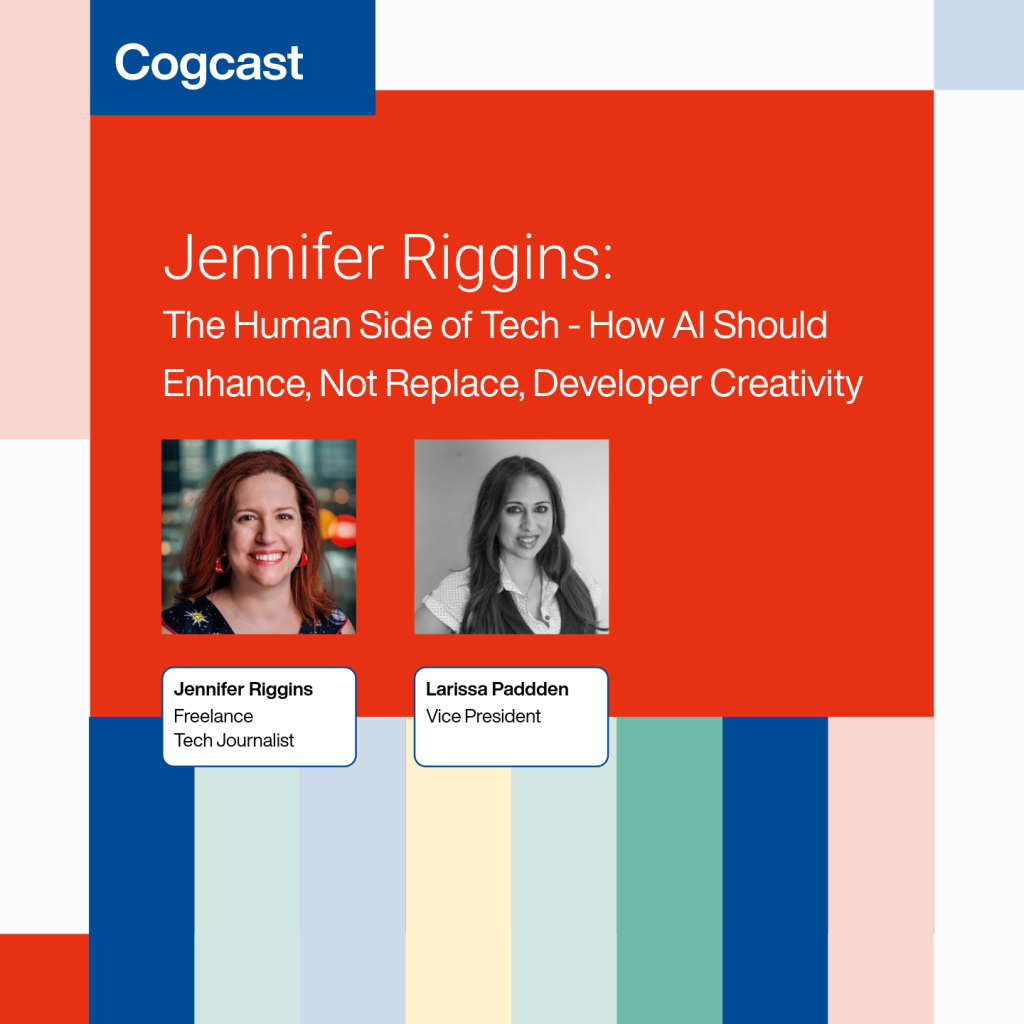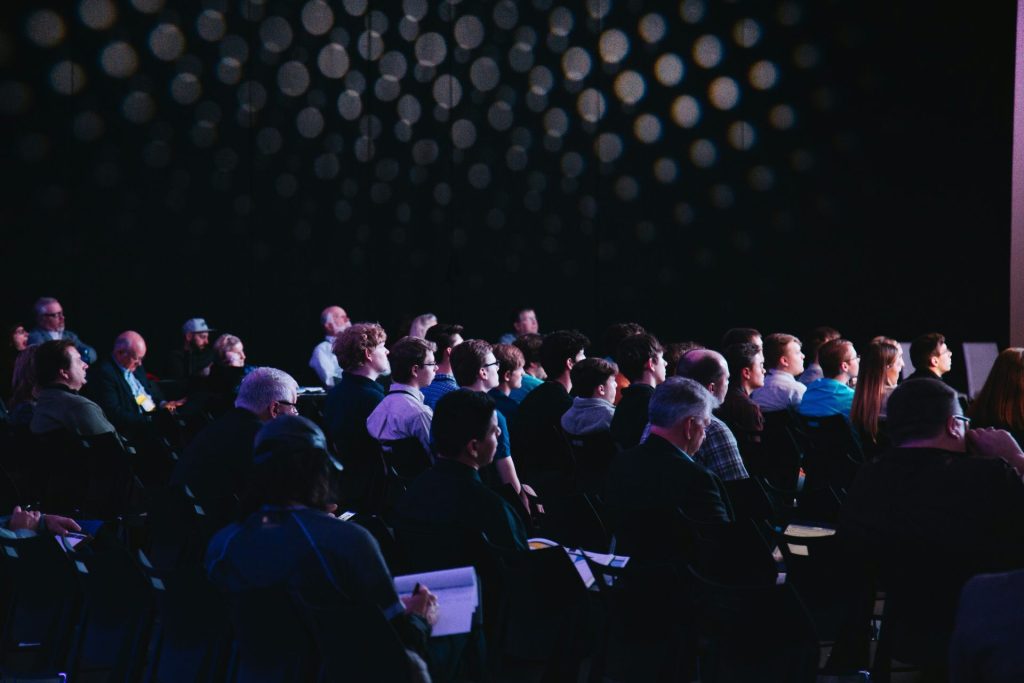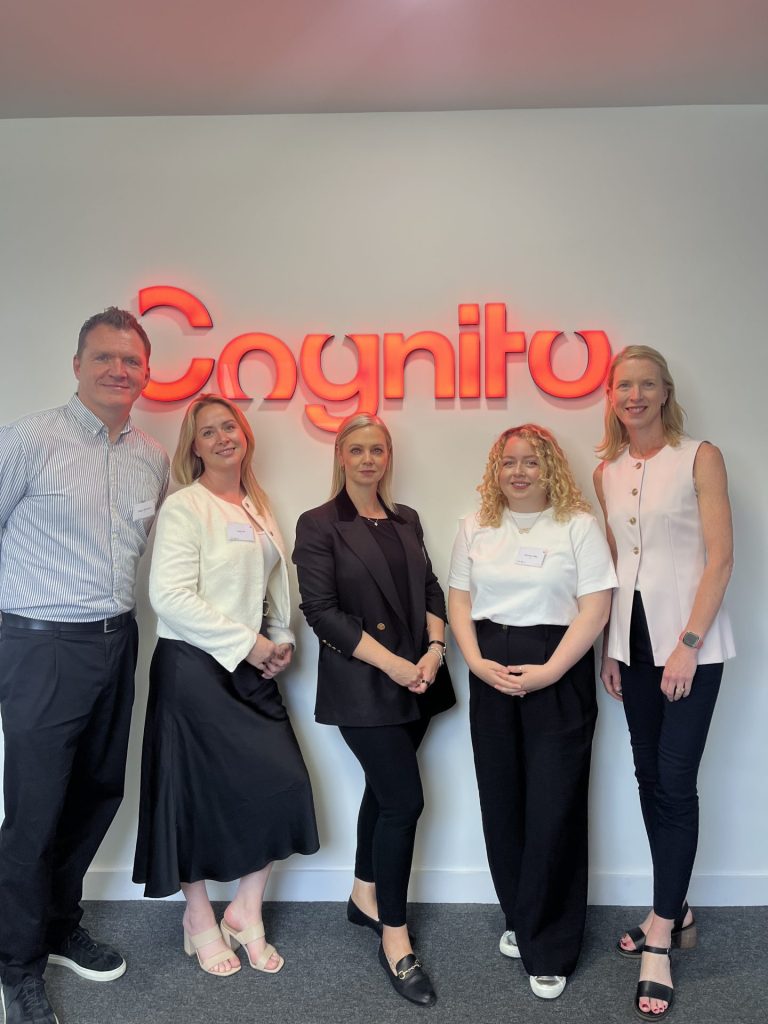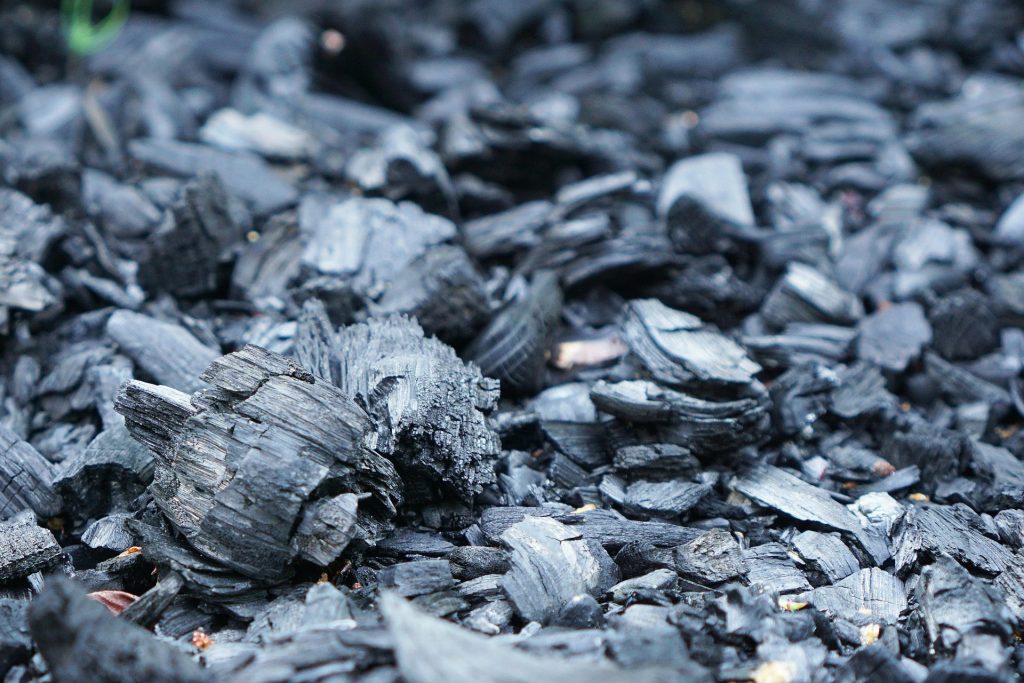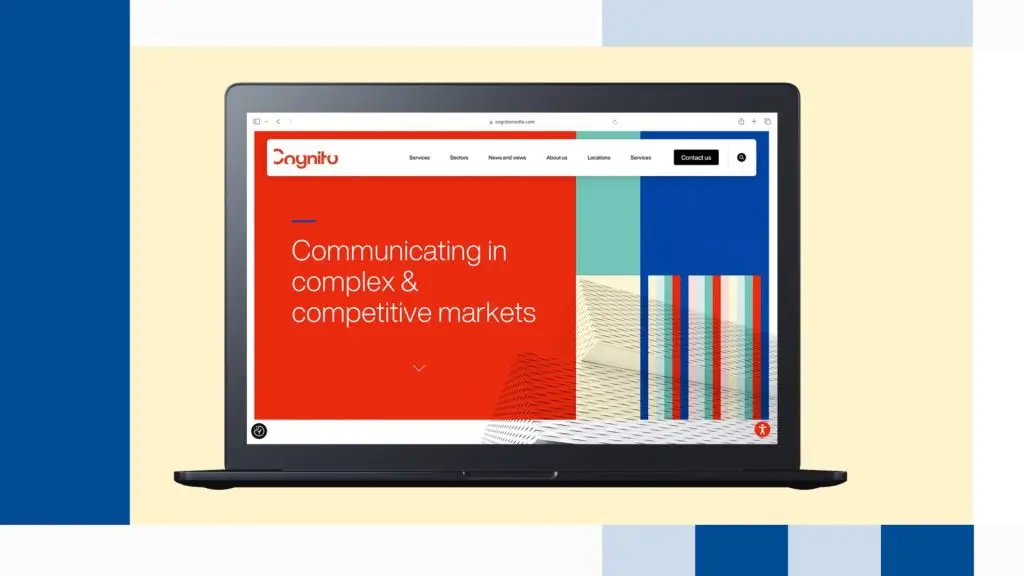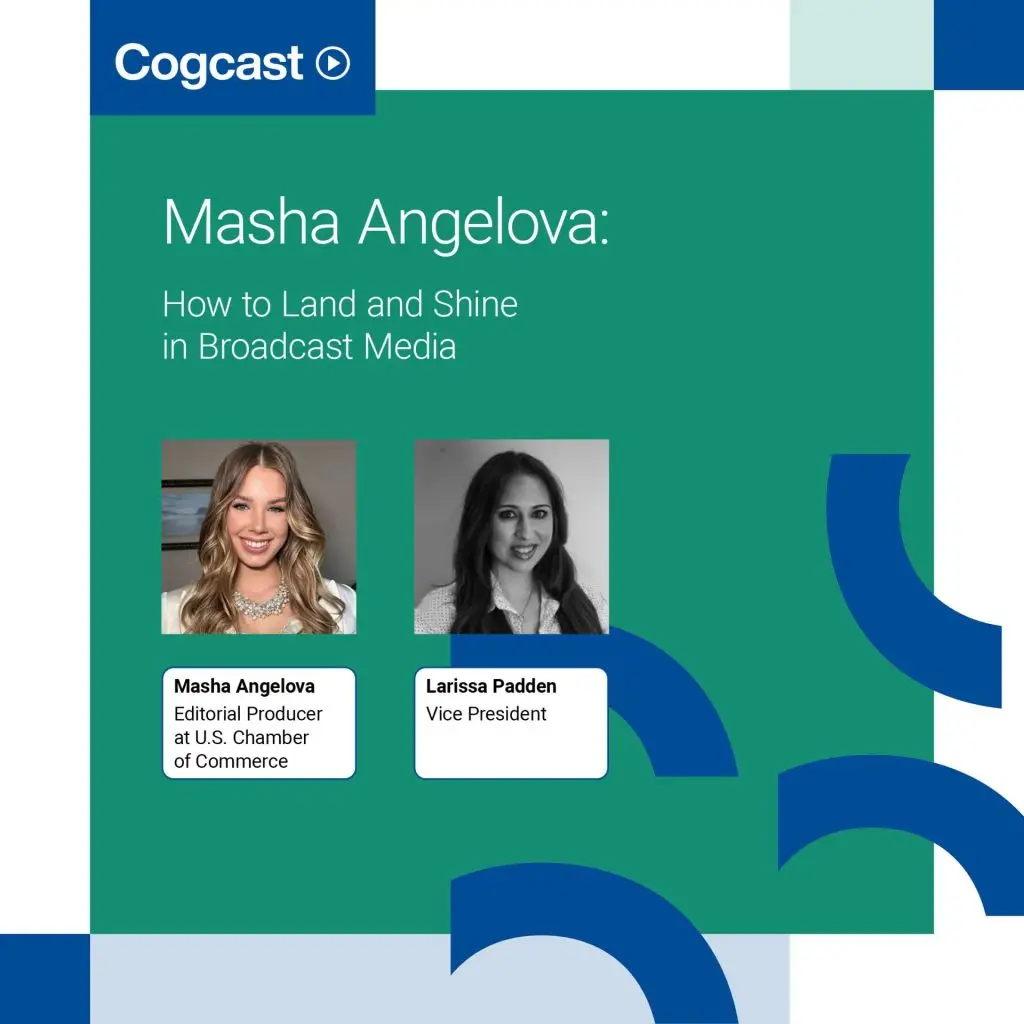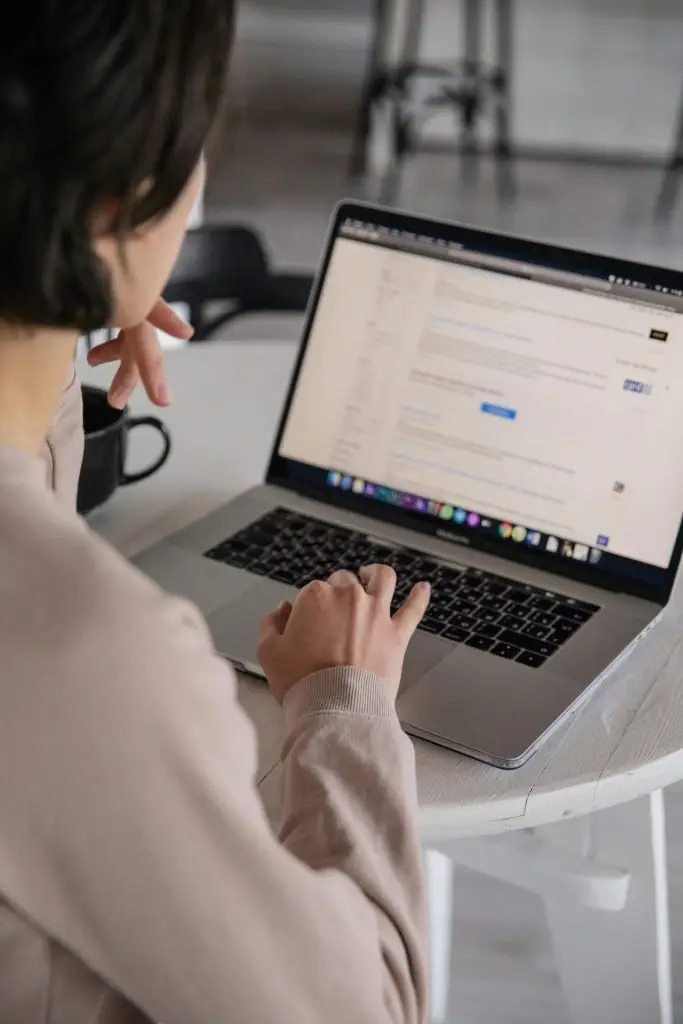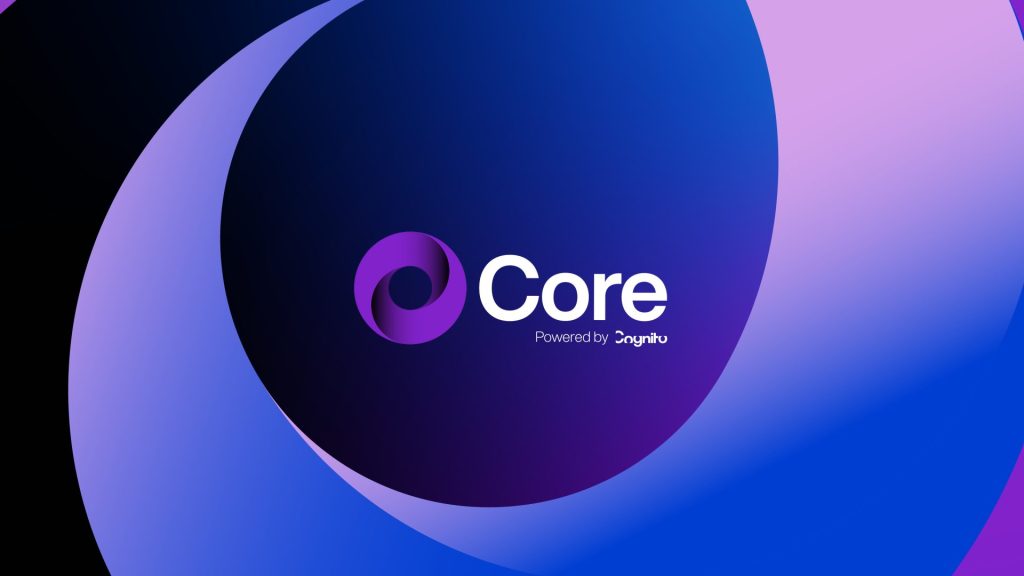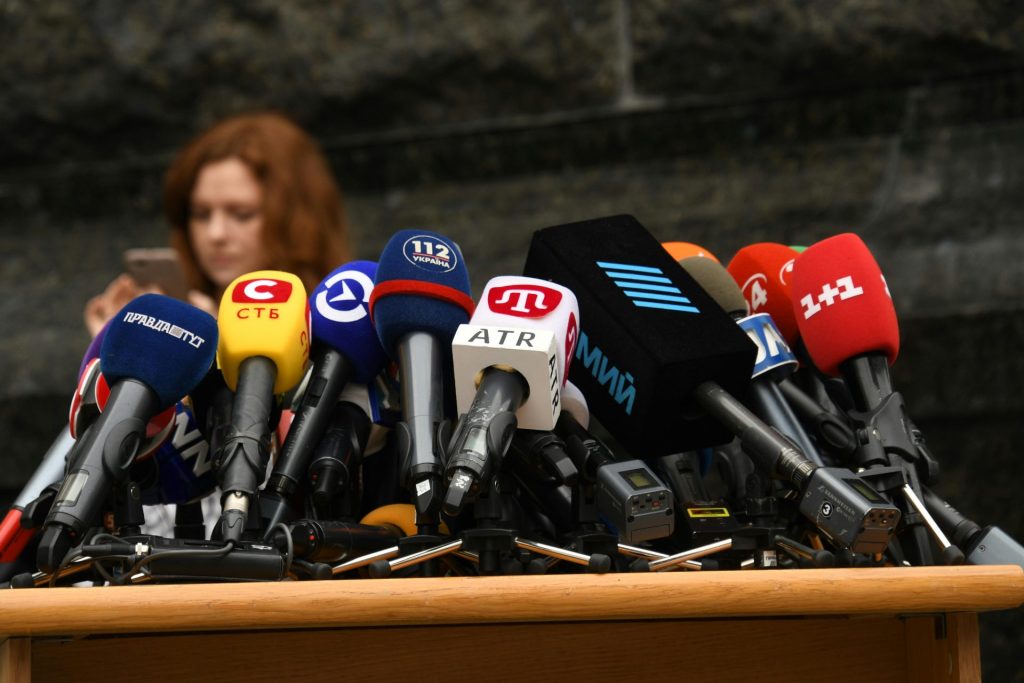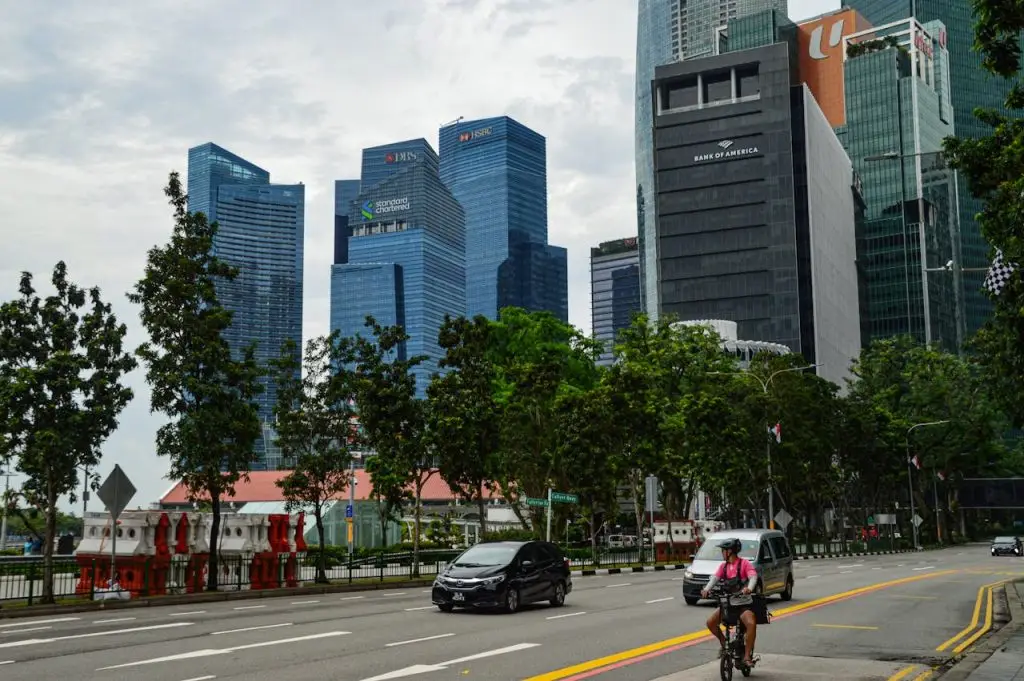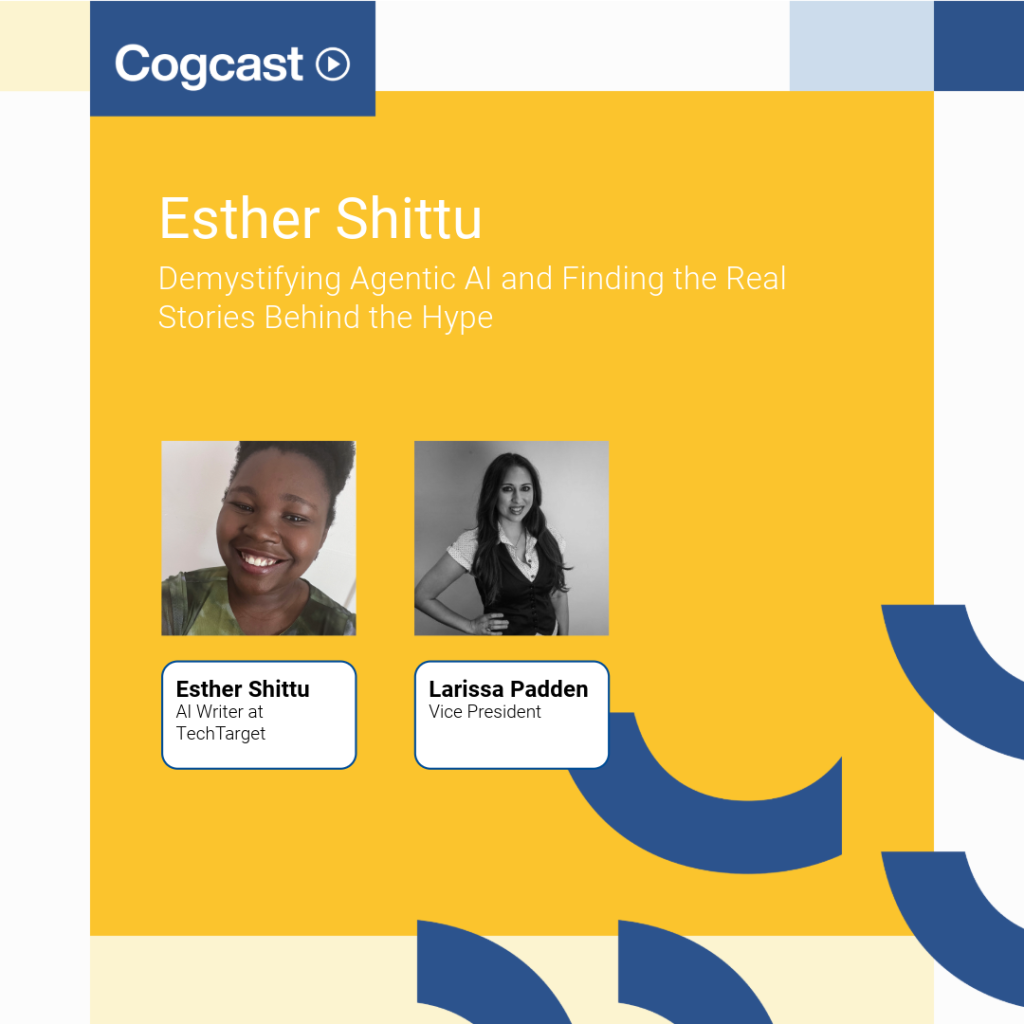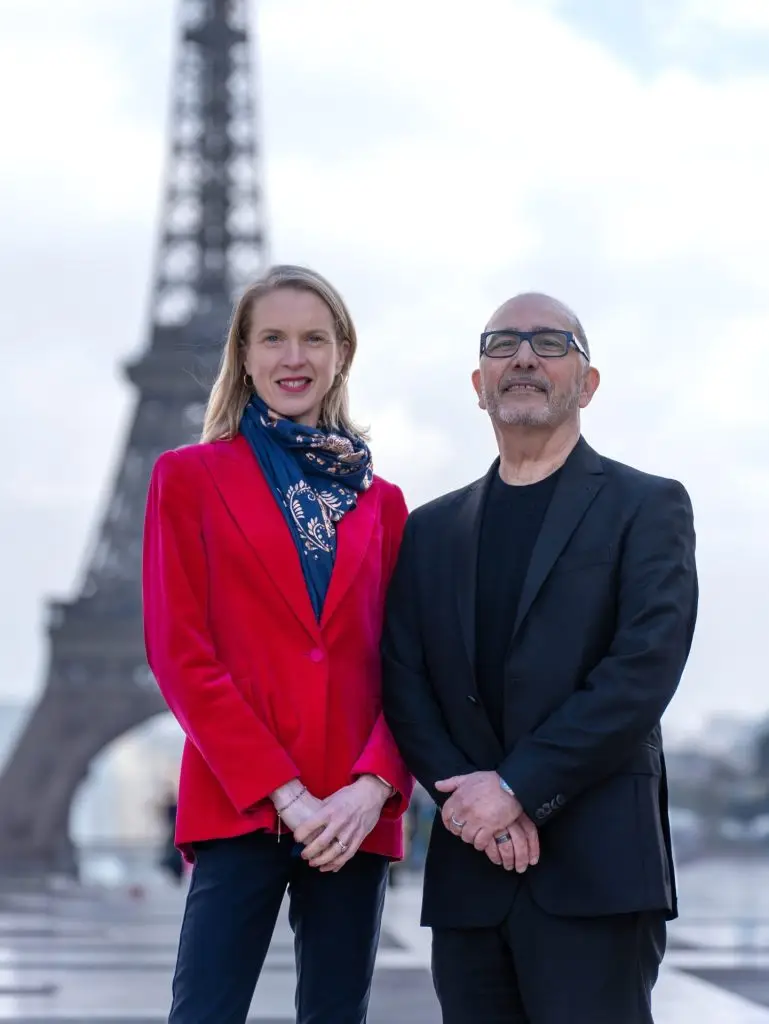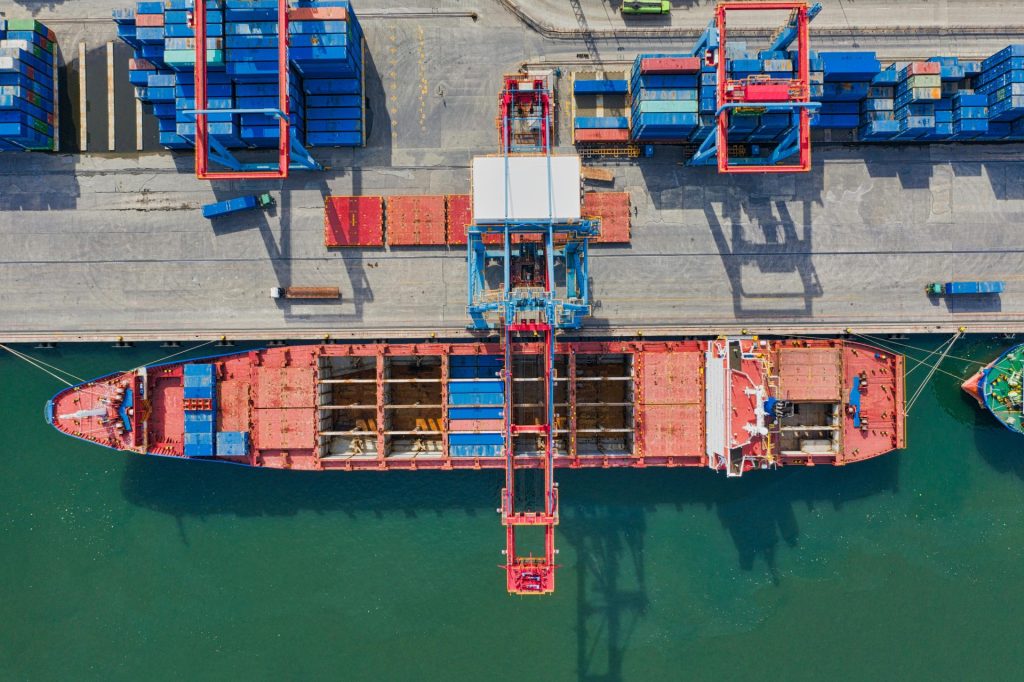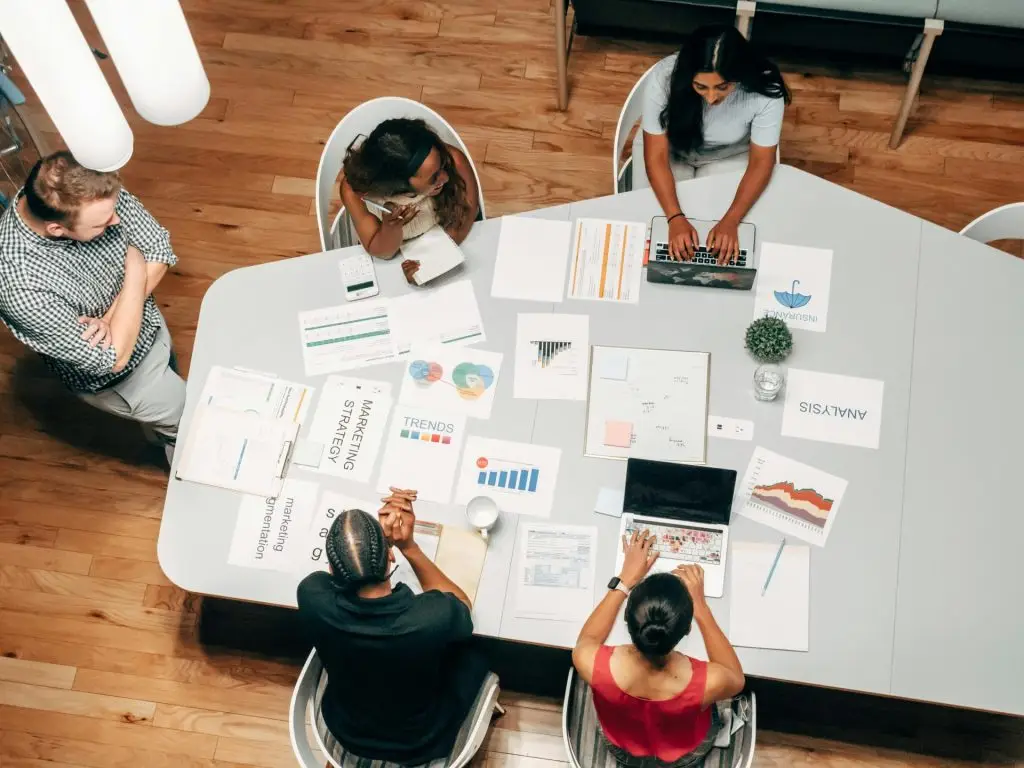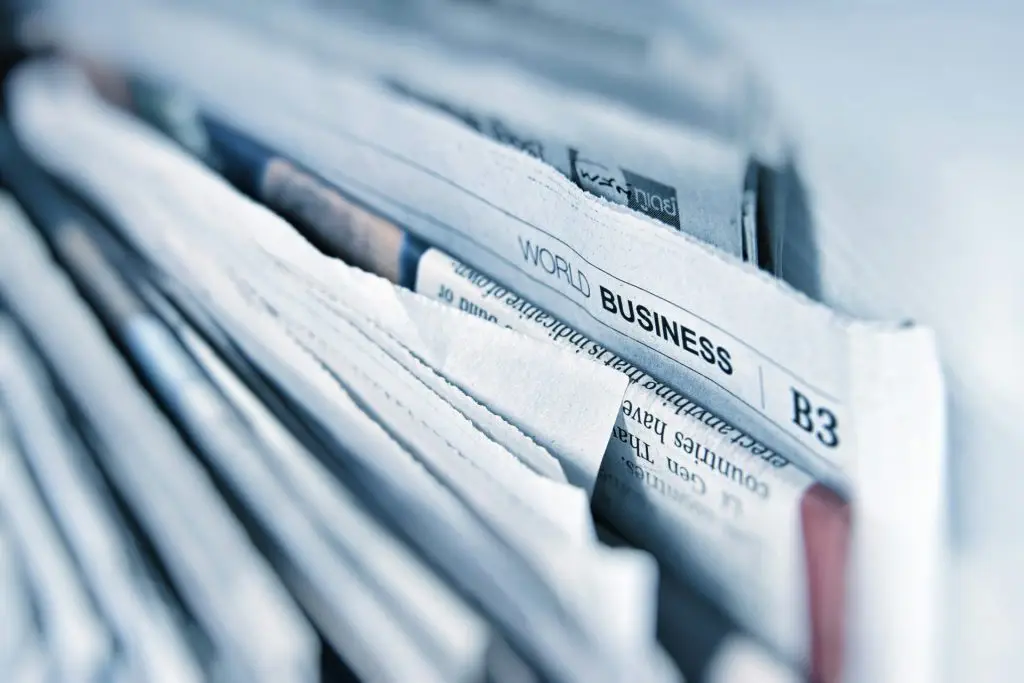-
Sign up to receive insights in your inbox
-
Article Link
July 11, 2025
Cognito’s That’s What You Think Podcast #1: Ben Ford on the Evolution of Open Banking in Australia
Read More -
Article Link
July 9, 2025
Jennifer Riggins: The Human Side of Tech – AI Should Enhance, Not Replace, Developer Creativity
Read More -
Article Link
May 20, 2025
Hong Kong surges, Singapore retreats: How to turn IPO divergence into a media moment
Read More -
Article Link
April 16, 2025
Esther Shittu: Demystifying agentic AI and finding the real stories behind the hype
Read More -
Article Link
April 1, 2025
Why competitor analysis should be a non-negotiable while building your PR strategy
Read More -
Article Link
April 1, 2025
Klarna IPO Day 12 – what the media reception says about fintech press and PR
Read More
News and views
Our consultants share their expertise on the issues that matter most.

